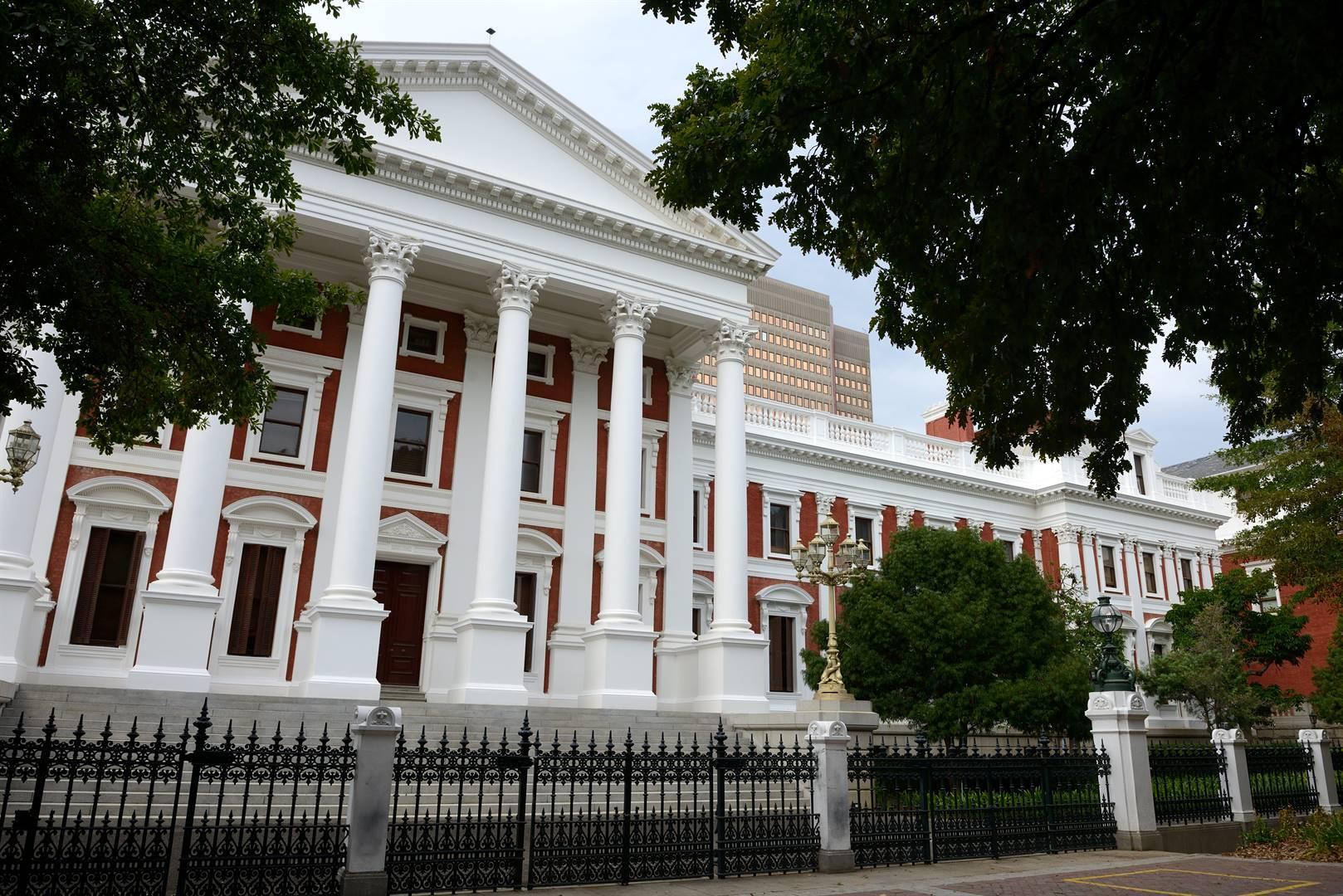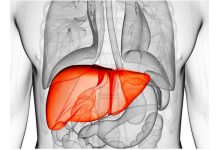Africa-Press – South-Africa. Parliament has been requested to draft a menstrual health bill after a petition to this effect garnered more than 40 000 signatures.
This week, the founder of Team Free Sanitary Pads, Nokuzola Ndwandwe, wrote to National Assembly Speaker Nosiviwe Mapisa-Nqakula to officially petition Parliament for an urgent motion for a Menstrual Health Rights Bill.
About a year ago, on 26 August 2022, Team Free Sanitary Pads demonstrated at Parliament and the Union Buildings, where it handed over a memorandum of demands supported by 31 organisations.
There is also a petition on Change.org, which has more than 40 000 signatures since its inception on 4 May 2019.
“In essence, we believe, based on our work on the ground, that in a country where period poverty affects over seven million young girls, whereby in South Africa they miss out on large amounts of school time due to lack of access to menstrual health and hygiene management products to manage their period.
“Women miss out on career advancement opportunities due to gender inequality pay gaps together with menstrual health-related illnesses which often leads to them being unable to afford their health living needs,” Ndwandwe wrote to Mapisa-Nqakula.
“This further calls for menstrual health paid leave to be incorporated in the amendments of labour law, among our demands on what an ideal menstrual health rights bill and law would take into account as civil society.
“And most important that VAT be fully scrapped on all period products [tampons, menstrual cups, re-usable cloth pads, and period panties, for example] and not only just sanitary pads so to protect the right to product mix as well as bodily autonomy.”
Ndwandwe added:
Ndwandwe said such a bill would “make a huge difference in bringing about socioeconomic justice and specifically allow women the freedom to participate in the South African economy without being hindered by lack of resources to manage a natural biological process which is menstruation”.
“Menstrual health should be free together with menstrual products.”
Ndwandwe asked Mapisa-Nqakula to refer their submission to the Portfolio Committee on Women, Youth and Persons with Disabilities.
This in a bid to move a motion of debate on the topic and initiate “all the necessary processes as mandated by the South African Constitution as well as parliamentary rules for the recognition of a Menstrual Health and Hygiene Management Bill” – and it is eventually enacted as a law upon the needed consultations with all relevant stakeholders for parliamentary contributions.
She also requested Mapisa-Nqakula should respond by the end of the month.
Opposition parties have raised similar concerns in the past, and while the governing ANC has been sympathetic to the cause, there has not been much movement.
Access to menstrual products is a global problem.
According to the World Bank, in 2018, at least 500 million women and girls globally lacked adequate facilities for menstrual hygiene management, particularly in public places, such as schools and workplaces.
It said evidence showed this resulted in girls being absent from school, which had serious economic costs for themselves and their countries.
For More News And Analysis About South-Africa Follow Africa-Press






